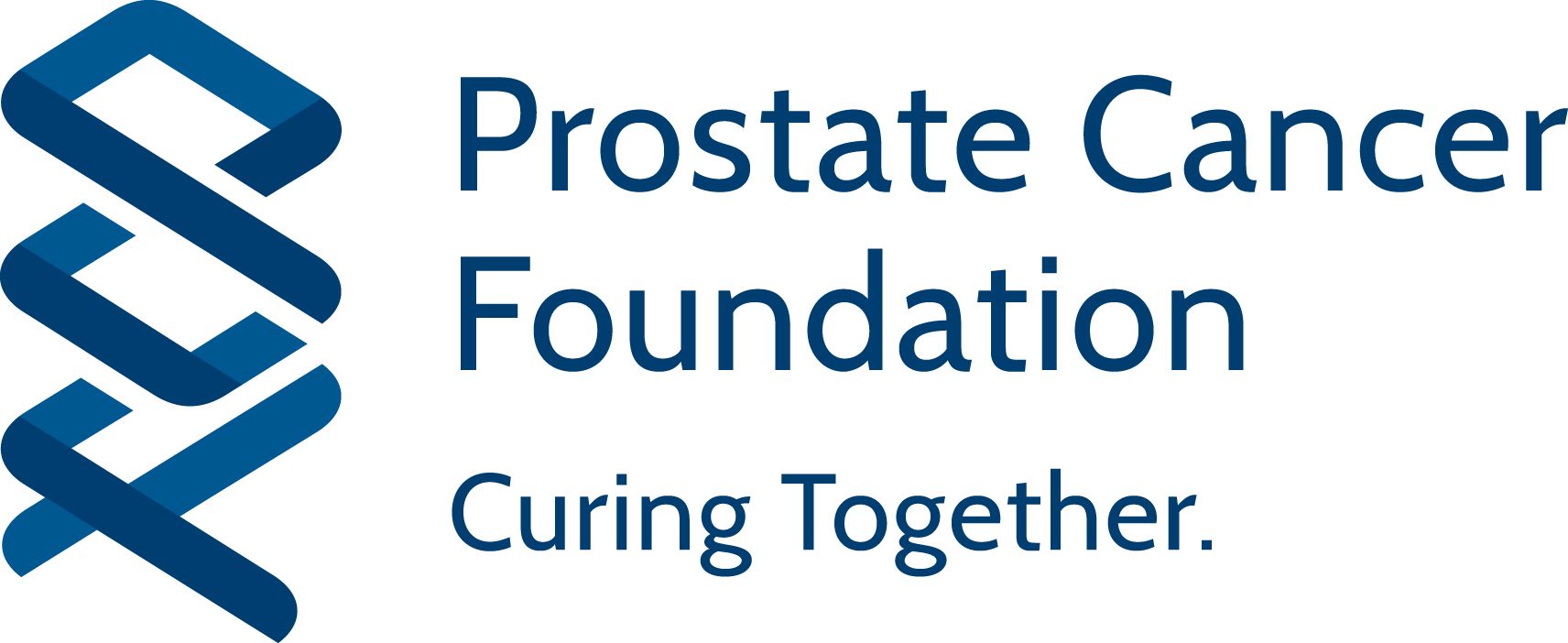
Prostate Cancer Foundation's COVID-19 Resources

Patients with prostate cancer are facing a unique situation amid the COVID-19 pandemic. Here are some of the resources the Prostate Cancer Foundation is offering to help patients in this turbulent situation.
At
Scientists know that the coronavirus (aka COVID-19 COrona VIrus Disease 2019) can affect your immune system, although we are still learning more. Based on recent data as reported in the journal The Lancet, it appears that the virus hits the immune system early and knocks down the white blood cells that fight infections. This translates to respiratory disease for most patients who become sick with COVID-19.
The most important thing to remember, whether you have been affected by prostate cancer or not, is that if you are having symptoms as described here, such as a fever (99.1°F [37.3°C] or higher), persistent cough, or shortness of breath, you need to call your doctor.
If you are not having symptoms, it is important that you follow the guidelines to stay safe and avoid spreading the disease. It is critical that all citizens, not just those with prostate cancer, adhere to CDC and local public health guidelines (here’s an example of one source of local guidelines from the
That said, here are a few extra details for those of you in the prostate cancer journey:
- If you have been diagnosed with early-stage prostate cancer — for example, you’re on active surveillance, are receiving radiation treatment, or are scheduled for surgery — you are not at increased risk of severe disease with COVID-19. This is because early prostate cancer has not been shown to significantly affect your immune system and your ability to fight infection. Unlike some blood cancers, early prostate cancer does not affect your T cells’ and B cells’ (i.e., the cells that rule your immune system) ability to fight viral and bacterial infections normally.
- If you’re on a form of hormone therapy, there is no published evidence of increased risk of severity of Coronavirus infection. Extensive research in tens of thousands of patients on medications such as Lupron® or Zytiga® or Xtandi® shows there is no evidence that these treatments put a prostate cancer patient at higher risk of other viral infections like seasonal influenza, the common cold, or hepatitis. Experts feel the immune cells are normally functioning in normal virus infections in men on hormonal therapy for prostate cancer. Coronavirus however is not a normal virus, and if there is new data on patients on hormonal therapy with COVID-19 we are monitoring it and will share it.
- Chemotherapy treatment (such as taxotere, carboplatin, or cabazitaxel) for advanced prostate cancer could increase your risk of greater Coronavirus infection severity. PCF and the American Society of Clinical Oncology (ASCO) and the CDC are monitoring the data on the treatment and outcomes of cancer patients with COVID-19. Because prostate cancer chemotherapy affects rapidly-dividing cells in the body — both cancerous and normal cells — your bone marrow makes fewer infection-fighting cells, leaving you at higher risk for all types of infection. You should talk to your doctor about how your particular case should be managed in your local area. If your white blood cell count is being monitored in particular during your treatment with chemotherapy, talk to your doctor before coming in for a clinic visit. You want to be assured that from getting out of your car to getting back into your car to go home, you are in a healthcare environment that is maximally prepared to reduce the spread of COVID-19 to cancer patients receiving chemotherapy.
- Regarding the impact of COVID-19 on prostate cancer survivors, there is no data yet from China (the country where the disease has impacted the most people, and therefore where information is “leading”), but as we get it, we will share it with our community.
- Other co-existing medical conditions can increase your risk of severe disease if you are exposed to COVID-19, regardless of prostate cancer diagnosis. These include high blood pressure, diabetes, and heart disease. Respiratory conditions (e.g., asthma, emphysema, or former heavy smoking) and conditions that affect your immune system (e.g., inflammatory bowel disease or a history of transplant) may also increase your risk.
At PCF we are tracking any real-time data on COVID-19 in cancer patients that’s credible and peer-reviewed. This page will list a number of resources for patients and families and we will continue to update this page as more information becomes available.
With kind regards for the health of you and your family,
Jonathan W. Simons, MD
President and CEO
Prostate Cancer Foundation
Resources
- The Centers for Disease Control and Prevention (CDC) website has a specific page devoted to COVID-19, including practical tips for preventing illness, updates on the number of cases in the US, and answers to commonly asked questions. People at higher risk of serious illness from the virus (defined as older adults or those with serious chronic medical conditions) should read this page carefully.
- Johns Hopkins University’s Coronavirus Resource Center includes an update on global cases, information on transmission and diagnosis, how to protect yourself, and much more.
- Your state or local health department website may have updated information for your specific area; larger communities may be more likely to have more comprehensive information and/or resources in multiple languages. See, for example, the County of Los Angeles Public Health website.
- The Fred Hutchinson Cancer Research Center in Seattle has a page specifically for cancer patients, caregivers, and family members, including information about risk factors and ways to reduce your risk of infection.




